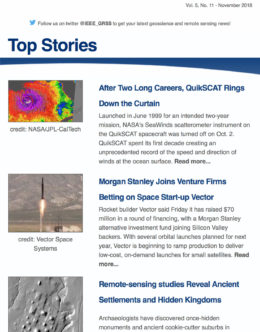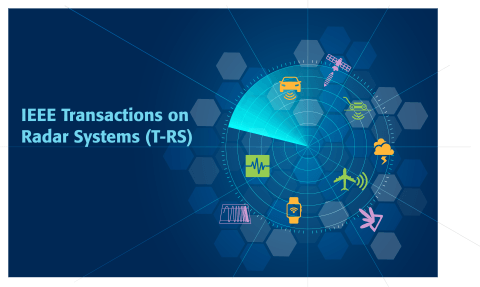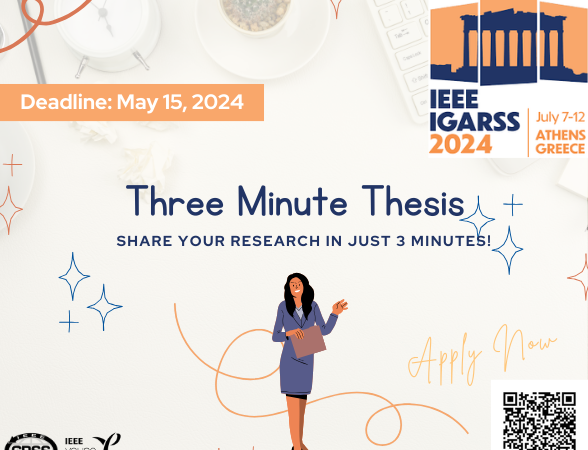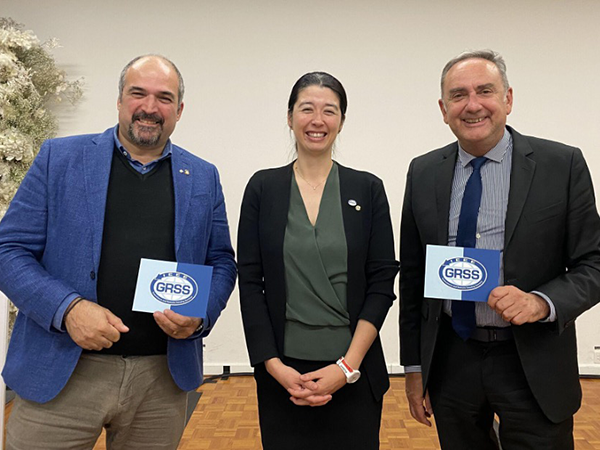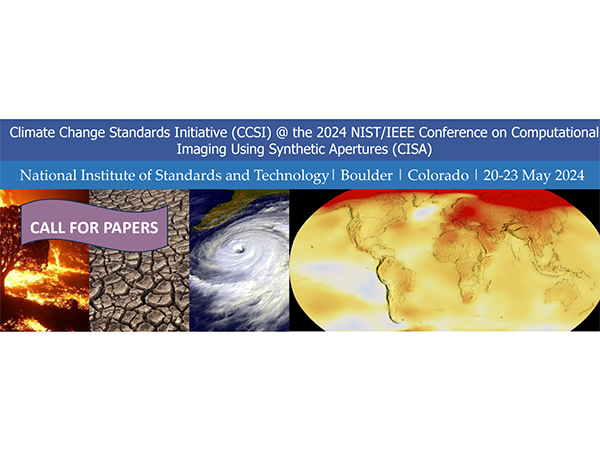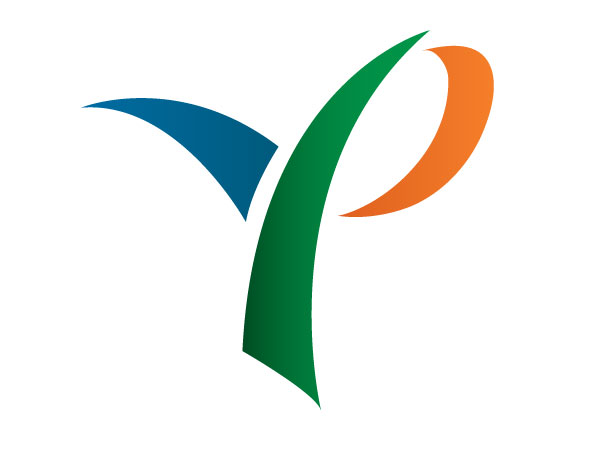Inside Our Latest Issue
GRSS CO-SPONSORED
IEEE Transactions on Radar Systems focuses on advances in the study and development of radar systems for a wide range of applications. Articles on theoretical, application-oriented, and experimental studies with an emphasis on novelty in radar systems are considered. Within the particular context of radar, applications include detection, imaging, and tracking; weather monitoring; automotive; medical/biological; remote sensing; multifunction operation; advanced radar architectures and subsystems; spectrum sharing; passive sensing; bistatic/multistatic; signal processing; waveform diversity and MIMO; mm-wave/THz sensing; ultrawideband; over-the-horizon operation; automated/cognitive sensing; bio-inspired sensing; nonlinear modeling and effects; resource management; signatures, characterization, and identification; electronic warfare; machine learning and more.
Subjects
> Aerospace
> Components, Circuits, Devices and Systems
> Fields, Waves and Electromagnetics
> Geoscience
> Robotics and Control Systems
> Signal Processing and Analysis
> Transportation
About the Publication
This publication considers original works that enhance the existing body of knowledge. Results described in the article should not have been submitted or published elsewhere. Expanded versions of conference publications may be submitted. Articles must be intelligible and must be written in standard English.
Peer Review: Peer review is vital to the quality of published research. Each article submitted to IEEE is evaluated by at least two independent reviewers selected by a member of the publication’s editorial board. Learn more about the IEEE peer review process.
Publication Fees:
This publication is supported by subscriptions and applicable Article Processing Charges (APCs). Although there is no cost for publishing with IEEE, authors may wish to take advantage of some of our fee-based offerings; visit the IEEE Author Center for more information on available options. A mandatory Excessive Paper Length (overlength) charge of $200.00 per page (beginning with page 11 and beyond) is required for papers over ten (10) printed pages for regular manuscripts. A mandatory Excessive Paper Length (overlength) charge of $200.00 per page (beginning with page 7 and beyond) is required for papers over six (6) printed pages for brief manuscripts. This publication is a hybrid journal, allowing either Traditional manuscript submission or Open Access (author-pays OA) manuscript submission. Upon submission, if you choose to have your manuscript be an Open Access article, you commit to pay the discounted $2,495 OA fee if your manuscript is accepted for publication in order to enable unrestricted public access. Any other application charges (such as overlength page charges) will be billed separately once the manuscript formatting is complete but prior to the publication. If you would like your manuscript to be a Traditional submission, your article will be available to qualified subscribers and purchasers via IEEE Xplore. No OA payment is required for Traditional submission.
Plan S Funded Authors: This is a Transformative Journal that is fully compliant with Plan S, enabling a Coalition S funded author to publish their research open access and be compliant with funder mandates. Read more about IEEE Transformative Journals.
Submission Process
Contributions may be in the form of regular papers or correspondence items. Regular papers are to be a well-rounded treatment of a problem area. The title, abstract, and introduction should be sufficiently informative to illuminate the essence of the manuscript to the broadest possible audience and to place the contributions in context with related work. The body of the manuscript should be understandable without undue effort by its intended audience. The distinction between regular papers and correspondence is not one of quality but of nature. Whereas a regular paper is a well-rounded treatment of a problem area, a correspondence item concisely makes one or two points. Consequently, correspondence items should be less discursive but as lucid as a regular paper.
Other Policies:
Sponsored by
- IEEE Aerospace and Electronic Systems Society (24%)
- IEEE Microwave Theory and Techniques Society (24%)
- IEEE Signal Processing Society (17%)
- IEEE Geoscience and Remote Sensing Society (7%)
- IEEE Sensor Council (7%)
- IEEE Antennas and Propagation Society (7%)
- IEEE Vehicular Technology Society (7%)
- IEEE Instrumentation and Measurement Society (7%)











